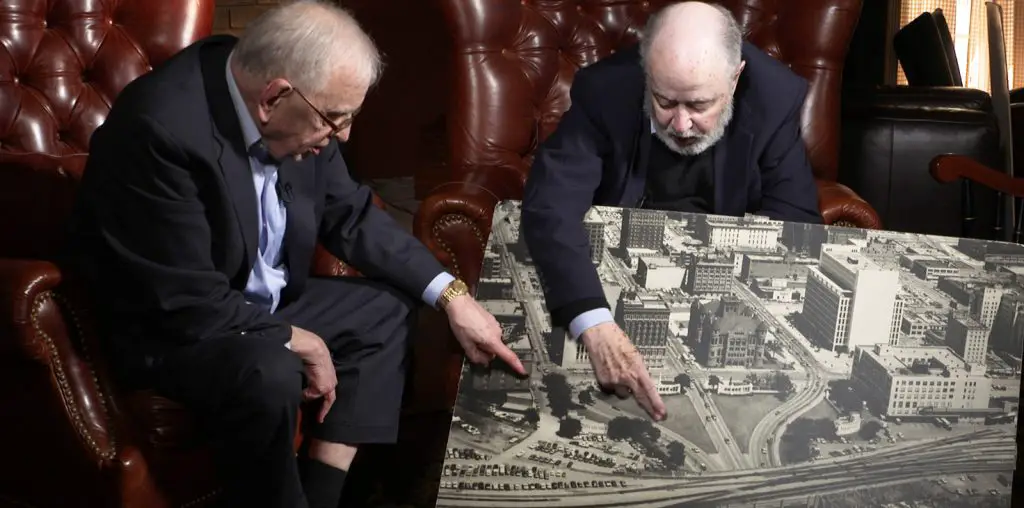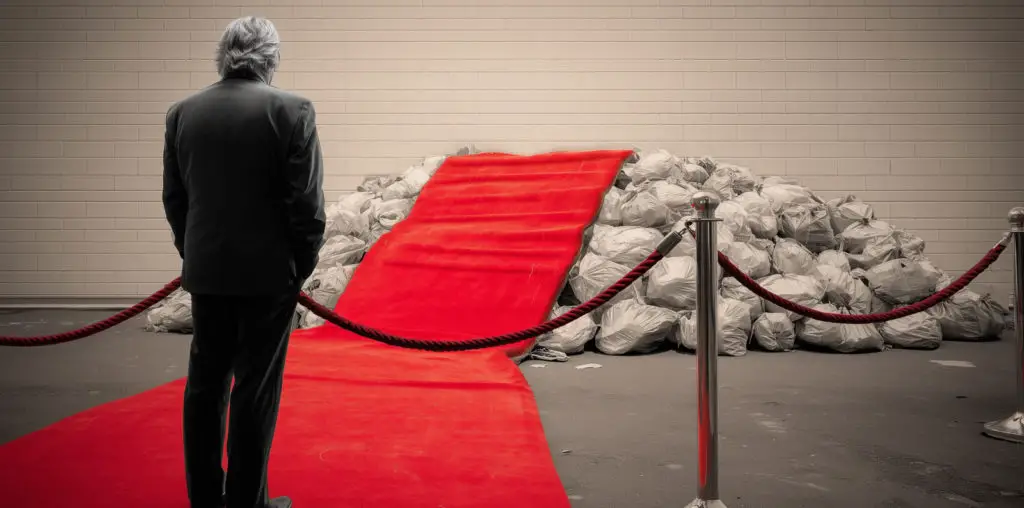
I’ve never been a fan of watching circus performers do their thing without nets. Sure, we’re told, it’s more exciting without a net, it somehow makes the trapeze act or balance routine more impressive, but it also makes it scary as hell. It’s a lot more fun watching a trapeze act knowing that if they screw up, they won’t plunge to their death. I’ll take peace of mind over increased suspense when the stakes are for real.
I bring this up because the action in “Chocolate” is incredibly painful looking and, as we see in the closing credits, it was in fact quite brutal on the actors and stunt people. We see a number of seemingly very serious injuries as a result of the onscreen carnage. I’m not sure at what point it stops being a movie and becomes something resembling a snuff film. There is a scene about halfway through the film in which a number of foes get stabbed or impaled with meat hooks in various body parts. I’m scared to ask how they did that.
Anyway, Chocolate is the latest Thai martial arts import from Prachya Pinkaew, the guy behind the Tony Jaa spectacles “Ong-Bak” and “The Protector” (the latter affectionately referred to among friends as the ‘give me back my elephants!’ movie). As usual, the plot is pretty simple. Basically it involves a forbidden romance between two people from warring mob families. Dad is Yakuuza and mom is from the Thai mob. After giving birth to an autistic child, Dad is forced to flee to Japan while mom is shunned, forced to raise her special needs child alone. After young Zen’s mother is stricken with cancer, the young go-getter applies her potent martial arts skills (learned from watching previous Pinkaew films on television) to track down various criminal elements that owe her mother money and extract it one way or another.
Aside from the somewhat overly melodramatic storytelling, the film really doesn’t get going until the second act. But even when the fights finally start up, there is an odd discomfort in watching them. Although family friend Moom assures Zen that the targets are in debt to their mother, we really don’t know for sure how many of these local businesses aren’t just local businesses that aren’t really involved in skullduggery. For all we know, Zen spends a good forty-five minutes basically extorting innocent businesses for money and beating the living hell out of anyone who tries to stop her. Then again, they may actually make the movie unintentionally hilarious, depending on your mood.
But it must be stated that the fight scenes, two in particular, are quite impressive. The aforementioned mid-film battle in an abattoir is both lyrical and gruesome, with both spectacular fighting and horrifying injuries. The final battle, set outside a large, multi-story shophouse, waged up and down the various ledges, is one of the greatest fight scenes I have ever seen on film. Seriously, this one is worth the price of admission all by itself. The stunt work is astounding (and frighteningly real, as it turns out), as men fly out of windows, crash into ledges, smash into billboards, and otherwise send their (theoretical) health insurance premiums skyrocketing. I sat there hoping, wishing that someone would make a video game out of this movie, as the shophouse finale would make a stunningly fun final level.
“Chocolate” is pretty much what you expect from the genre. The plot is paper thin and yet occasionally convoluted, the acting is serviceable, and the techical aspects are more than adequate. But, at the very least, the film is worth seeing for the splendid fight scenes and Panna Rittikrai’s refreshingly comprehensible choreography. And again, that last smackdown must be seen to be believed. I’m personally finding it difficult to believe that no one got killed in the process. Oh well, that’s something Pinkaew can aim for on his next feature.


Yes all combat injuries were real and happened their were next to no stunt doubles in this movie the actors all had to sign a possibility of lose of life contract but they were paid for both their acting and injuries